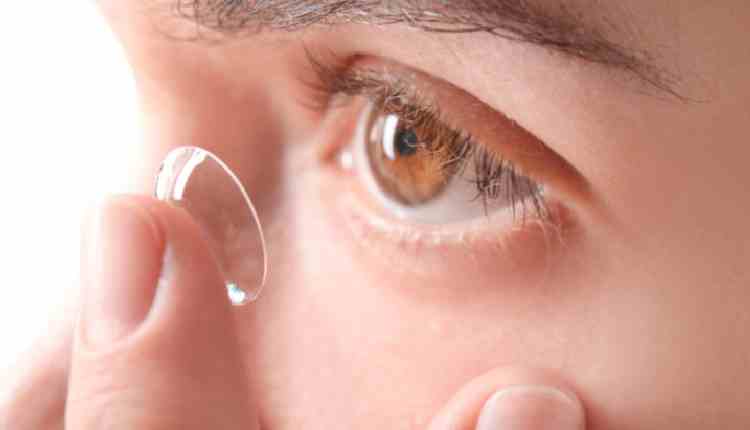Beijing: Contact lenses, worn by millions of people around the world, tend to shed microplastics when exposed to sunlight for a long time, according to a pilot study.
To determine the number of microplastics in the small samples, such as contact lenses, researchers from the universities of Nanjing and Hohai designed an automated system that took microscopic images of the samples, processed those images, and quantified any microplastics that were present.
Their findings, published in the journal Environmental Science & Technology, showed that lenses exposed to sunlight over time can shed tiny fragments of plastic, though the health impact is unclear.
The researchers gathered six kinds of contact lenses from various brands and of different lifespans.
To mimic normal wear and care, the lenses were stored in water, kept under a lamp that mimicked sunlight and were rinsed with water three times every 10 hours.
After receiving the equivalent of 30 or 90 days of sunlight, the water each lens was stored in was analysed.
In tests with standard amounts of microplastics, the team found that the new system’s analyses were quicker and more accurate than when the samples were analysed manually. In the absence of any simulated sunlight, no microplastics were detected.
However, the researchers observed increasing amounts when the contact lenses were exposed to the equivalent of 90 days of sunlight. Lenses with shorter lifetimes showed the greatest amount of shed microplastics after this exposure.
Based on their data in this small-scale study, the researchers estimate that more than 90,000 microplastic particles per year could be shed from some lenses if worn for 10 hours a day.
The human health impact of direct exposure of microplastics to eyes is not currently known, but the researchers say their findings indicate that more studies in this area are urgently needed.
(IANS)

















